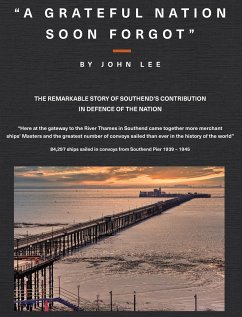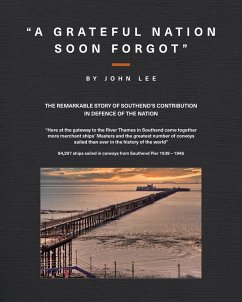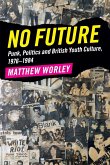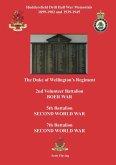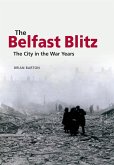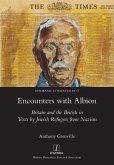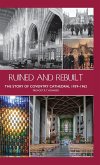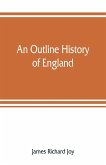"Here at the gateway to the River Thames in Southend came together more merchant ships' Masters and the greatest number of convoys sailed than ever in the history of the world"84,297 ships sailed in convoys from Southend Pier 1939-1945 The purpose of this book is to inform with unique sources of documentary evidence a detailed contemporary account of a momentous unsung event in defence of our nation in WWII. For the eager reader or student wishing to add to their knowledge the author has created an historical reference work.This largely unknown part of WW II history was summed up by the great A. P. Herbert (Sir Alan Herbert) as "A Grateful Nation Soon Forgot". AP, as he was known, was involved in these historic events throughout the war. From 1939-1945 The Naval Control Service (NCS) controlled vital convoy operations from Southend. Many WW1 Battle of Jutland veterans descended on Southend as volunteers for convoy work. These men of experience included Admirals and Vice Admirals who commanded the earliest supply convoys. Many of the NCS team in residence were well known nationally distinguished men and women.Southend's longest sea pier in the world, stretches for one and one third miles out into the Thames Estuary and has at its end a deep water harbour. At the gateway to The Thames and North Sea it was ideal for convoy operations. The Germans were aware of this and would come to destroy the facility and close The Thames in a night bombing raid by the Luftwaffe on 22nd November 1939. They had not expected the foresight of Capt. John Pelham Champion CBE., DSO., RN in command of the NCS. By his hunch in guessing when they would come, the Pier was prepared with an armed defence. Not only was the German plan thwarted but the Thames to London stayed open for the duration of the war against the stated prediction of Winston Churchill.
Hinweis: Dieser Artikel kann nur an eine deutsche Lieferadresse ausgeliefert werden.
Hinweis: Dieser Artikel kann nur an eine deutsche Lieferadresse ausgeliefert werden.

